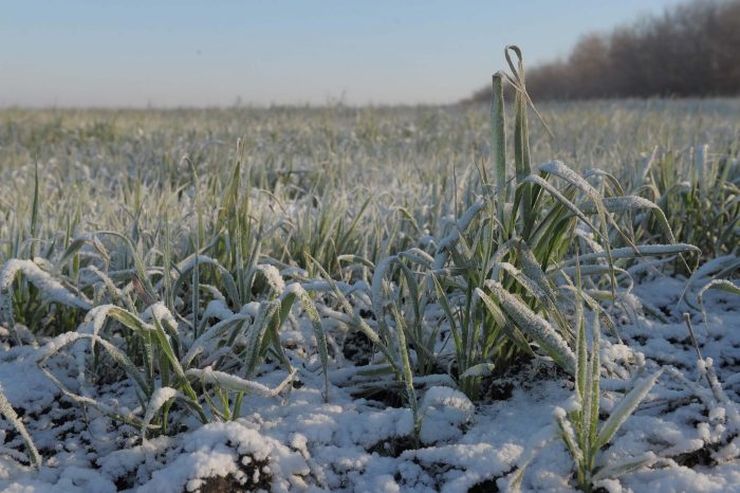Emergency regime will be introduced across Russia due to the loss of 18 mln tons of grain crop

The Russian Ministry of Agriculture is planning to introduce a federal emergency regime due to the May frosts, which led to mass death of crops in key black earth regions of the country.
This was announced on Monday, May 27, by the head of the agency, Oksana Lut. According to her, the terms of the emergency regime, which will allow agricultural enterprises to receive insurance compensation, “have not yet been determined” (quoted by RIA Novosti).
According to estimates of the Russian Grain Union, spring frosts, which affected crops in 23 regions of Russia, will deprive Russian farmers of 18 million tons of grain harvest: by the end of the year, the harvest may amount to 129 million tons, although the initial forecast reached 142-147 million tons.
“A total of 1.5 million hectares of sown areas have been affected, Arkady Zlochevsky, head of the RGU, told a press conference on Monday. We have not had these late return frosts for more than 100 years. The losses are already quite significant,” he complained.
According to RGU estimates, only 60% of the areas affected by the weather are subject to reseeding, or about 900 thousand hectares. “The frosts happened late, and there is practically no time left for reseeding. If reseeding takes place, it means late harvesting and depends on the passing conditions during the harvesting works, we may miss more, part of the crop will go under snow,” Zlochevsky complained.
Regional emergency mode due to frosts has already been introduced in eight regions of Russia. Among them are Lipetsk, Voronezh, Tambov, Volgograd and Orel regions. Frosts have also affected other major agricultural regions – from Kursk and Rostov to Saratov and Penza regions, but the most difficult situation is in Voronezh and Volgograd regions, according to Dmitry Rylko, general director of the Institute of Agrarian Market Conjuncture (IKAR).
According to the forecast of ICAR, the harvest of the main crop – wheat – may fall to 81.5 million tons, which is almost 12 million tons below the initial estimates. It is no longer possible to reseed wheat, Rylko is pessimistic.
The problem is not only in frosts, but also in the fact that agrarians sought to save money on plant protection products – this led to a critical impact of bad weather on crops, says Andrey Sizov, general director of Sovecon.
According to him, the consequence of the weather crisis will be a series of bankruptcies of agricultural producers, which have already been hit by export duties, and then the redistribution of land. “Russian agrarians had a rather large margin of safety, on which the record harvests of the past two years were laid, but the consequences of the introduction of duties are beginning to take effect,” says Sizov.
Read also
Wheat in Southern Brazil Impacted by Dry Weather and Frosts
Oilseed Industry. Leaders and Strategies in the Times of a Great Change
Black Sea & Danube Region: Oilseed and Vegoil Markets Within Ongoing Transfor...
Serbia. The drought will cause extremely high losses for farmers this year
2023/24 Safrinha Corn in Brazil 91% Harvested
Write to us
Our manager will contact you soon



